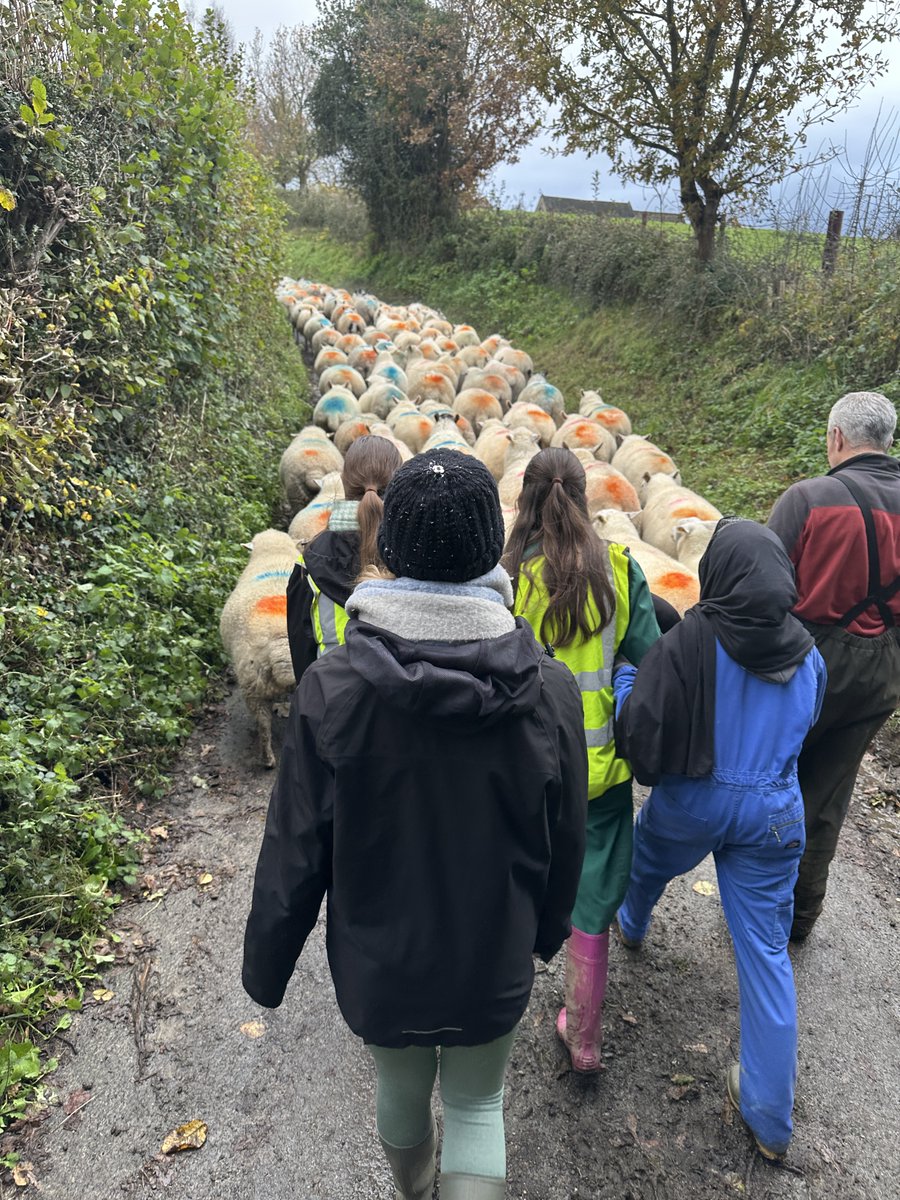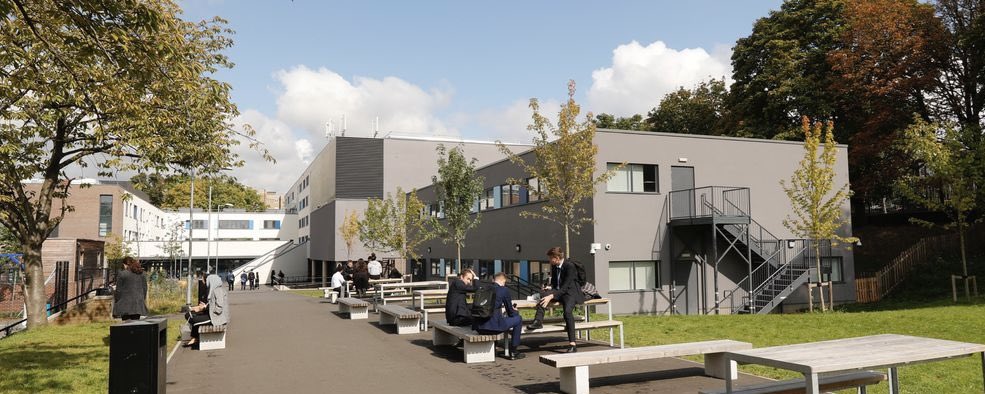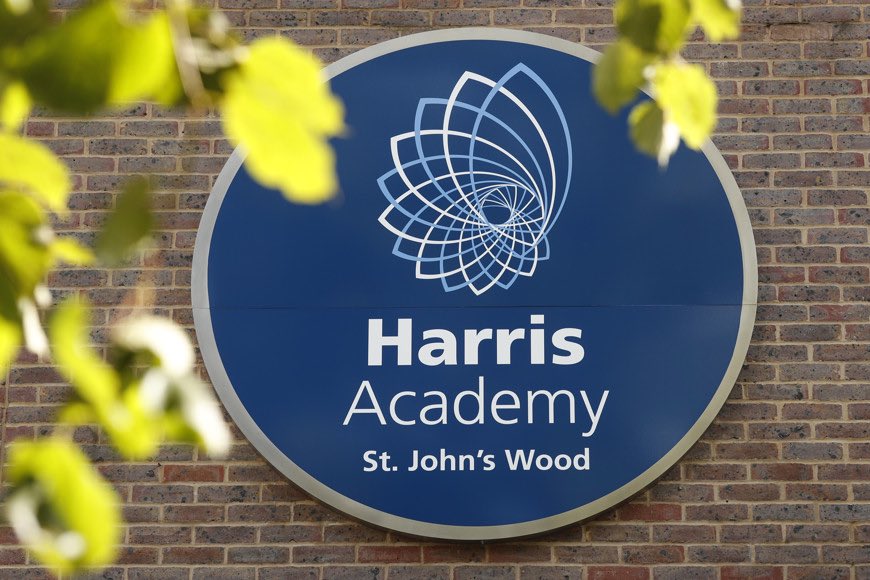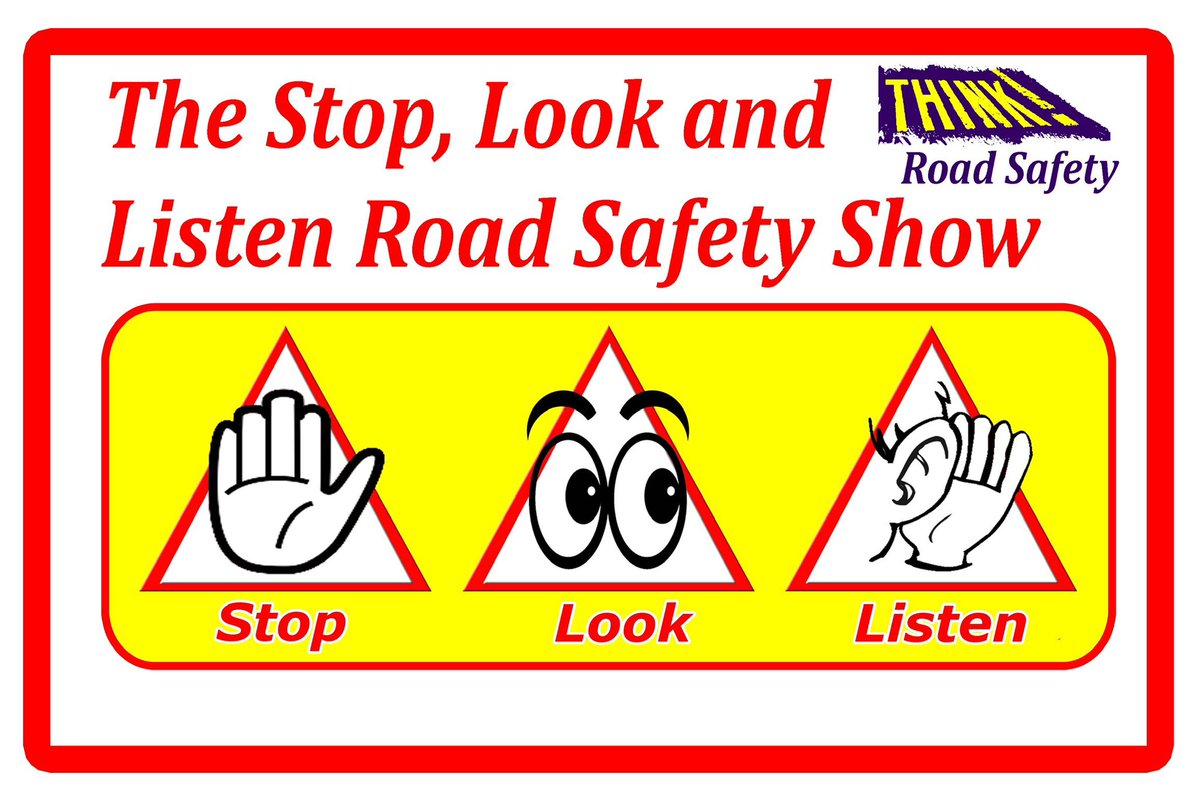Safeguarding
At Harris Academy St John's Wood, the health, safety and wellbeing of every child is our top priority. We expect all staff, Governors, visitors, and volunteers to share this commitment to safeguarding our students.
Safeguarding legislation and Government Guidance says that safeguarding means:
- protecting children from maltreatment
- preventing the impairment of children’s mental and physical health or development
- ensuring that children grow up in circumstances consistent with the provision of safe and effective care, and
- taking action to enable all children to have the best outcomes.
Safeguarding at Harris Academy St John's Wood runs through all that we do, including child protection, health care plans, site security, safety in lessons, in the playground and on school trips, behaviour for learning, anti-bullying, mental health and wellbeing support and through our curriculum. We listen to our students and take seriously what they tell us. Our staff are trained in safeguarding and our students know who they can talk to or how to report if they have a concern.
We have a team of trained Designated Officers and a Designated Safeguarding Lead.
See the information below for details of how to contact our Safeguarding Team.
If you have a Safeguarding or Child Protection Concern out of school hours, please contact the MASH Team of the borough the child resides in:
Westminster:
0207 647 4000
accesstochildrenservices@wesminster.gov.uk
Camden:
0207 937 3317
Brent:
0208 937 3010
If a child is at immediate risk of harm, please call the police: 999 or non-emergency 101.
Our Safer Schools Police Officer is PC Amy Palmer, who can be contacted via the Academy.
Thank you
Our Safeguarding Team
Ms. Stevens is the Designated Safeguarding and Prevent Lead - contact the school on 0207 722 8141.
If you have concerns out of school hours and/or during the holidays please email info@harrisstjohnswood.org.uk or go directly to Children Social Services of the Borough the child resides. If you need the Police, contact 101 or 999 for emergencies.

Are you a student and want to report a safeguarding concern?
Report a Bullying Incident
If students have a genuine concern about bullying in our school, they must report it.
or
Report a Worry
Every child and young person has a right to be safe. Safeguarding means keeping you safe from any type of harm or neglect.
PLEASE REPORT CONCERNS BY CLICKING HERE
Childline: free confidential advice and support, whatever your worry, for children aged 18 or under: 0800 1111
NSPCC general helpline: if you’re worried about a child, even if you’re unsure, contact an NSPCC counsellor for help, advice and support: 0808 800 5000
NSPCC helpline for both children and adults who are victims of sexual abuse in schools. This includes how to contact the police and report crimes if they wish: 0800 136 663
PREVENT and working with "Channel"
At Harris Academy St John's Wood our PREVENT duty means that our staff are trained to be able to identify students who may be vulnerable to radicalisation.
Protecting students from the risk of radicalisation is seen by HASJW as part of our statutory safeguarding duty whether the risk comes from within the family or are the product of outside influences. Further details on PREVENT can be found in our Child Protection and Safeguarding Policy or here in the “Educate against hate” Campaign.
We work closely with the counter-terrorism referral programme “Channel”. The programme uses a multi-agency approach to identify and provide support to individuals who are at risk of being drawn into terrorism by:
- identifying individuals at risk
- assessing the nature and extent of that risk
- developing the most appropriate support plan for the individuals concerned.
Gangs
A gang can be summarised as a group who see themselves and are seen by others as a gang, and for whom crime and violence are a central part of their activities. Children and young people face all sorts of pressures, including possibly feeling pressure to follow friends who may be in a gang. If you have any concerns or questions about gangs please do contact our safer schools police officer (contact details below). You might also like to read the Home Office leaflet. This gives advice to parents on gangs and how to help children make the right choices
Money Mules
What is a Money Mule?
More young people across the UK are being approached by criminals who want to use their bank accounts or pin numbers for criminal purposes. This is called being a ‘money mule’. A ‘mule account’ is used to hide money that comes from illegal activities. The young person may be asked to transfer money, allow access to their account or open up a new one. Sometimes criminals will try and force young people to become mules or they might offer financial incentives such as cash or mobile phone credit.
We need your support to help educate young people around this issue. Has your child been approached or asked for their bank account to be used? Check any bank statements. Is there money going in and out that cannot be accounted for? Ask questions if you are unsure about anything.
Bank accounts are private and must only be used by the account holder. Any misuse could not only be criminal but could cause serious credit issues for the account holder. Police are working in partnership with many schools across London to combat this issue. If you have any concerns, speak to our Safer Schools Police Officer - PC Jay (see below) and/or Action Fraud (www.actionfraud.police.uk) on 0300 123 2040.
Drugs networks (County Lines)
The National Crime Agency, the UK body charged with fighting organised crime, is very concerned that crime gangs are taking over drug networks using telephone hotlines (called 'county lines) and recruiting vulnerable people, often children, to act as couriers and to sell drugs.
Cuckooing is the practice whereby professional drug dealers take over the property of a vulnerable person and use it as a place from which to run their drugs business.
Safer Schools Partnership
Safer Schools Officer - PC 1815AW
I am the Safer Schools Officer at Harris Academy St. Johns Wood.
I am often asked by students, parents and visitors why I am here and I hope the following goes some way to answering this.
My role is largely focused on helping to keep the academy, its pupils, staff and visitors safe. This includes monitoring students arriving and leaving the site, providing a presence at the bus stops in the vicinity of the school, dealing with road safety and behaviour issues outside of the Academy.
Aside from that, I have numerous functions within the Academy including assisting other staff in investigating incidents, dealing with truancy, being on call, doing break and lunch duty, and being part of the child protection team.
I try to represent the Metropolitan Police Service in the best way possible, by building positive, firm but fair relationships with students. Students should feel free to approach me at any time should they wish to, for support or advice.
I can be contacted through the main switchboard number 020 7722 8141.
Keeping Safe Online
Although the Academy teaches students e-safety, it is vital that parents are aware of the risks too, and what they can do to develop a culture of e-safety in the home.
Below are some helpful resources for parents/carers that will enable you to help your child stay safe online
The online world is becoming vaster with young people using social media sites and the Internet, to explore opportunities for learning and creativity. However, while the Internet is a great resource, as always, there are risks and dangers that every student should be aware of to help protect themselves and be safe online. The Academy teaches e-safety via our PSHE curriculum, but you may also find the below resources useful.
- Keeping your child safe online - a checklist for parents and carers
- Cyberbullying - what it is and what to do about it
- Accessing inappropriate websites
- Facebook - parents' guide
- Online grooming - the risks children face online
- bbc_tips_on_scary_stuff.mp4
- We have our own library of Information Posters you can view below.
A wealth of additional information on the Think You Know website which was created by the police for parents of children at secondary school. It contains useful information about what children are doing online:
- how to talk to children about what they are doing online
- what risks your child might face
- what tools are there to help them stay safe.
Although the Academy teaches students e-safety, it is vital that parents are aware of the risks too, and what they can do to develop a culture of e-safety in the home. If you need further advice please contact Ms Stevens or your childs' Head of Year.
We know some parents feel confused by the Internet. It’s constantly changing, and it can be hard to keep up with the latest apps and trends.
NSPCC have put together this guide. To reassure you, and give you the information and advice you’ll need to keep your child safe online. The Internet's an amazing place, so we want to help your child to get the most out of it, and to do that safely.
The guidance is actually really simple - it’s all about talking to your child, getting the family involved. https://learning.nspcc.org.uk/media/1489/share-aware-parents-guide.pdf
It's never easy to know how to keep our children safe when they aren't with us, and sometimes even when are, if we don't know what's happening on their devices. Who are they talking to, what are they doing, are they okay? If you need help to find some answers, the following link will provide a strong resource.
This site covers topics such as...
- Top tips for parents right now.
- Safe settings, controls, & monitoring.
- "What's that app anyway?"
- Talking to children about life online.
- Appropriate levels and use of screentime
- And much more.
Monitoring online activity within the Academy
We monitor students' use of the internet by using filters and monitoring systems. Securus is monitoring software that can monitor a wide range of devices. It monitors against an inbuilt library of keywords and phrases organised into categories with each one given a default severity rating.
The software programme monitors both online and offline material and recognises inappropriate or harmful content, words and phrases.
A screen shot (known as a ‘capture’) plus other details is taken of every incident triggered, showing what was displayed at the time, who was involved and when the incident took place. This information is shared with the DSL, allowing Academy staff to implement further actions or interventions as required.
Gaming and the Internet
Please see the following articles from thinkuknow:
- A parent's guide to privacy settings
- Gaming: what parents and carers need to know
- What is the Internet of Things (IoT)?
High and Low Risk Apps
Please see this document for details on high and low risk apps you should be aware of.
Social Media 101
Please see this document for risks and tips when it comes to social media use.
The symbol on the 'Report Abuse' button, which looks a bit like an eye on legs, represents the Virtual Global Taskforce (VGT), a group of law enforcement agencies who work together to fight online abuse relating to children.
If you click on the button you will be reporting a problem directly to someone at CEOP (the Child Exploitation and Online Protection Agency) You are then likely to be contacted by a social worker or a police officer, to talk through your report in more detail. They need to do this to make sure you are safe. It is also a good idea to talk to your parents about your report to CEOP, although if your report concerns a family member, CEOP will not make contact with them until an investigation has been completed.
If you do not want to make a report by pressing the button but are still worried about something online, then please talk to someone on the safeguarding team or Pastoral support or to an adult you can trust.
Supporting your child during Examinations
Supporting Your Child During Exam Time (Young Minds)
As we start to move towards exam season, Young Minds have launched advice for parents about supporting their children.
Tips include:
- Encourage your child to take revision breaks and find a balance between studying and doing things they find enjoyable and relaxing.
- Make sure they are eating and drinking at regular intervals.
- Reassure them – reinforce that you are and will be proud of them no matter what happens.
- Remain positive and hopeful!
- Let them know their feelings are valid and normal, but also offer support and solutions where possible.
- Anxiety is often worst at night and this means it is useful to encourage good bedtime routine
- You can find out more here: https://youngminds.org.uk/find-help/for-parents/parents-guide-to-support-a-z/parents-guide-to-support-exam-time/
Additional information for parents and carers
- Bullying - KidScape
- Sex and relationships - NHS Live Well
- Drugs - Talk To Frank
- NSPCC - Call 0808 800 5000, Text 88858, Email help@nspcc.org.uk
- Childline - Call 0800 1111
- childnet.com – Visit the ‘Know It All’ Section for an interactive guide about online safety
- getsafeonline.org – Free up-to-date security advice
- ceop.police.uk – Website of the Child Exploitation and Online Protection Centre
- nspcc.org.uk/preventing-abuse/keeping-children-safe/share-aware - the NSPCC has launched the Share Aware campaign which provides straightforward advice to parents on how to keep their 8-12-year-olds safe on social networks
- saferinternetday.org - a day that is used to promote safer and more responsible use of online technology and mobile phones, but they also provide year round training days
- gov.uk/government/groups/uk-council-for-child-internet-safety-ukccis - The UK Council for Child Internet Safety (UKCCIS)
- nspcc.org.uk/preventing-abuse/keeping-children-safe/online-safety/ - Online Safety - NSPCC
- nspcc.org.uk/preventing-abuse/keeping-children-safe/sexting/ - Sexting - NSPCC
- nspcc.org.uk/preventing-abuse/keeping-children-safe/share-aware/ - Share Aware - NSPCC
- nspcc.org.uk/preventing-abuse/keeping-children-safe/online-safety/questions-parenting-digital-age/ - 12 Questions answered about parenting in the digital age - NSPCC
- getsafeonline.org/ - Get Safe Online
- ceop.police.uk/safety-centre/ - CEOP Educate against hate
Operation Encompass
We are an Operation Encompass School
The school has been given the opportunity to take part in a project that will run jointly between schools and the Metropolitan Police. This is called Operation Encompass.
This means that if police are called out to a domestic abuse incident the school will be notified so that they can care for your child’s needs the following day. Operation Encompass has been designed to provide early reporting to schools of any domestic abuse incidents that occur outside of school but which might have an impact on a child attending school the following day. This information will be shared on school days during the school term. When incidents occur on a Friday, Saturday or a Sunday, the police will contact the relevant school the following Monday.
At the academy the information is only shared with the Designated and Deputy Designated Safeguarding Leads. They will be able to use information that has been shared with them, in confidence, to ensure that the school is able to support children and their families. Information will be shared where it is identified that a child or young person was present, witnessed or was involved in a domestic abuse incident.
We always endeavour to offer the best support possible to our pupils and believe that Operation Encompass is going to be beneficial and supportive for all concerned.
If you would like more information about this new initiative, details can be viewed online at www.operationencompass.org

Preventing radicalisation
A new confidential helpline has been launched this week for families worried a loved one may be becoming radicalised during the pandemic after concerns that reporting has reduced during COVID.
London Prevent, which seeks to identify and help people at risk of radicalisation, has seen a reduction in referrals by sectors such as health and education since the first lockdown. From the start of lockdown on Monday, 23 March to Monday, 22 June, referrals decreased by 31 per cent compared with the same period in 2019.
Relatives and friends are best placed to spot worrying behaviour at an early stage and can help the person they care about get the support they need to move away from extremism, yet only four per cent of referrals in the past year were made by friends and families. This is particularly troubling during a period when people are spending more time at home and not in places – like schools – where worrying behaviour might otherwise be spotted.
The process of radicalisation can happen incredibly quickly – we’ve seen cases where it has happened within weeks – so I would really urge families to pick up the phone or go to the new website for advice as soon as they identify something may be wrong.
The new national Police Prevent Advice Line is 0800 011 3764 and it is staffed around the clock. They don’t have to provide their details or the details of their loved ones if they would prefer not to, although this information may help ensure appropriate support is provided.
One phone call to the this line could be the difference between a loved one ending up hurting themselves and others, or them getting the help they need to choose a positive life path, away from harmful activities and people.
I can understand the idea of ringing the helpline may seem daunting but I would reassure you that it’s staffed by specially-trained officers – many of them parents themselves – who are ready and waiting to listen and provide expert advice.
The team’s role is to assess whether there is something to be concerned about and, if there is, how we and our partners can help the person involved and their families. Whether they choose to receive support is entirely a matter for them – it’s completely voluntary.
Sometimes it turns out there is nothing to be worried about, in which case we can give the worried caller peace of mind. Other times there may not be a risk of radicalisation but we identify a different safeguarding concern instead. In those cases, we work with our partners to ensure the individual gets offered the opportunity for the right support from the appropriate professionals.
Whatever happens, we’ll never tell the person you’re worried about that you called us, unless you say we can.
Advice on radicalisation – including the signs to look for – can also be found on the new ACT Early website - https://actearly.uk/
ACT Early – ‘Real Stories’ Toolkit
In November 2020, Counter Terrorism Policing launched a new safeguarding website https://actearly.uk/ aimed at family and friends to encourage them to share concerns that a friend or loved one might be vulnerable to radicalisation.
Studies have shown that the public are unsure of signs to look out for and who to turn to with concerns. The Act Early website aims to help fill this void, and, in doing so, increase Prevent referrals from family and friends into the police by increasing awareness, trust and understanding of the police’s safeguarding role.
There are two new films that bring to life the powerful words of Micheal and Mustafa already highlighted on the ‘real stories’ section on the Act Early website.
Mustafa was a follower of multiple radical clerics and Micheal lost his brother to an extremist group and wishes he could have spotted the signs earlier. The films take their words and turn them into powerful animations that encourage those with concerns about someone they know and care about
The films are hosted on the real stories section of the act early website.
They can also be downloaded from the Counter Terrorism website below
Mental Health and Wellbeing
Mental Health & Wellbeing
At Harris Academy we understand that we ALL have Mental Health. Like our physical health, it is important that we take the time to 'check-in' with our emotional health to see how we are doing. Like everything in life, it is about striking a balance. Sometimes we need to spend more time bettering our sleeping hygiene or focusing on our eating habits, maybe we are studying too much and not giving enough time to relax or do calming activities. At St Johns Wood, there are many trusted adults that students can talk to about their mental health and wellbeing for advice. But also, as parents, we need to ensure that our mental health and wellbeing is positive too as we can't pour from an empty cup!
At school we have PHSE classes and a Physical Education curriculum that gives focus on wellbeing issues, tailored for the different year groups. We have assemblies and form-times with talks about specific topics for example, how to cope with stress. In addition to this, we have extra-curriculum activities, trips and visits and overall it is reflected in the ethos of the school . Staff also have many training sessions on emerging mental health issues in the school and how to respond to them. We are always learning.
A positive mindset will help us to engage in learning better which is why it is vital to dedicate time to our mental health and wellbeing. Students who are happier will learn better and achieve more.
Please see some useful links and videos and if you have any concerns about your child, please get in touch.

Sexual Violence and Sexual Harrassment
Talking to your child about online sexual harassment: A guide for parents






















